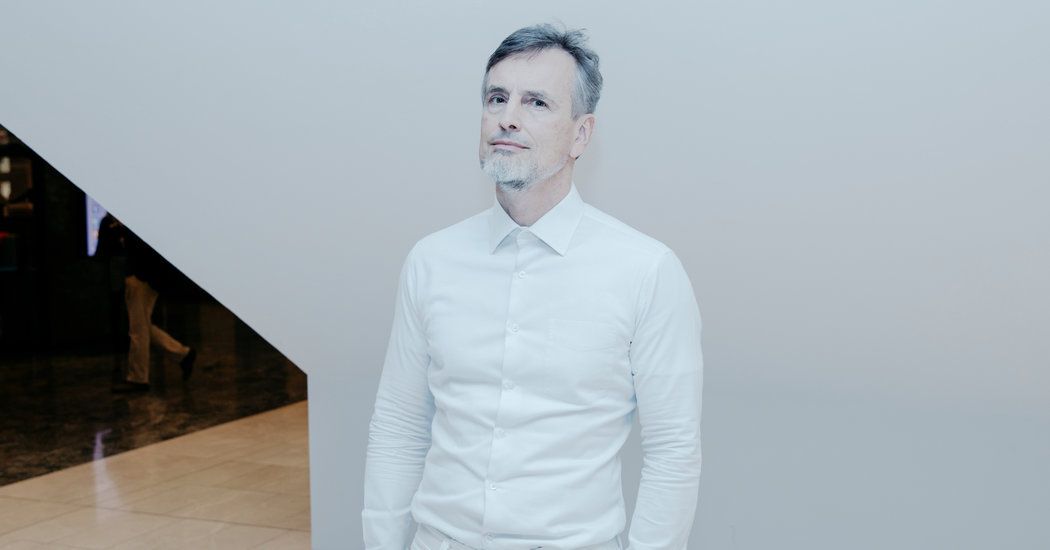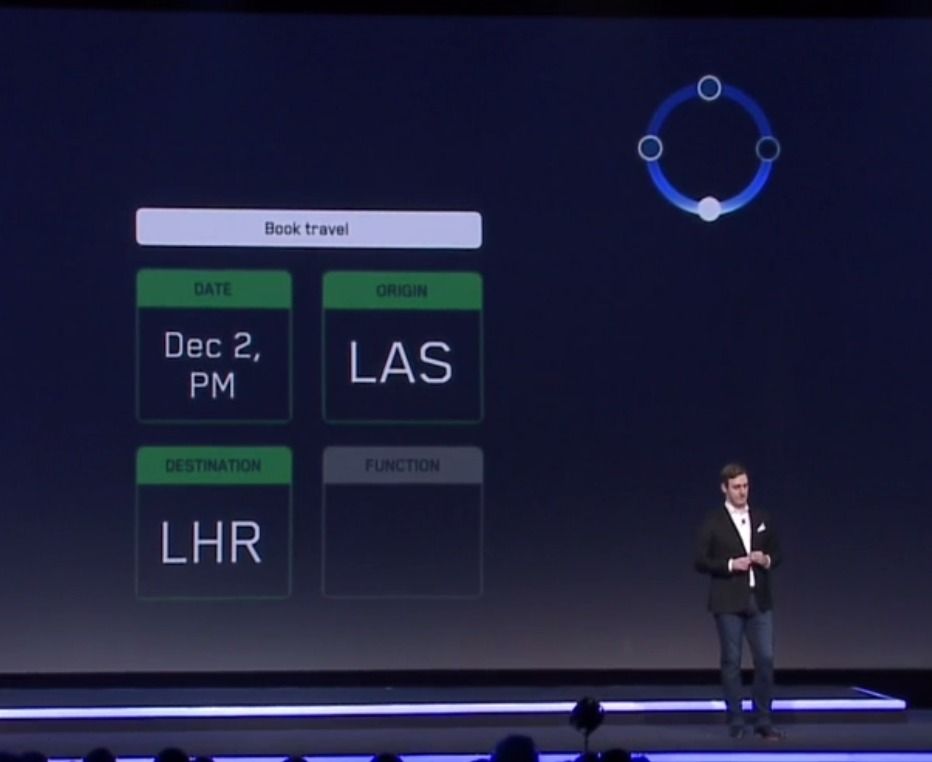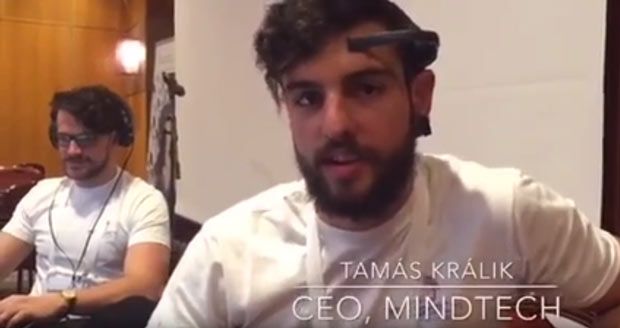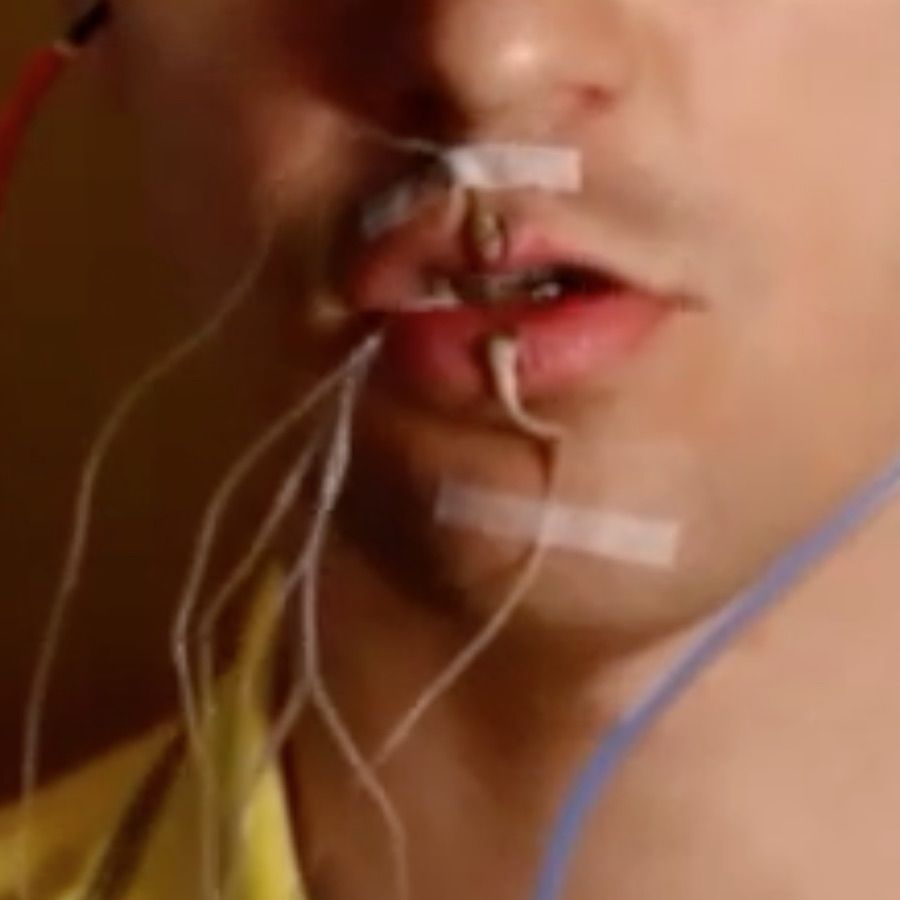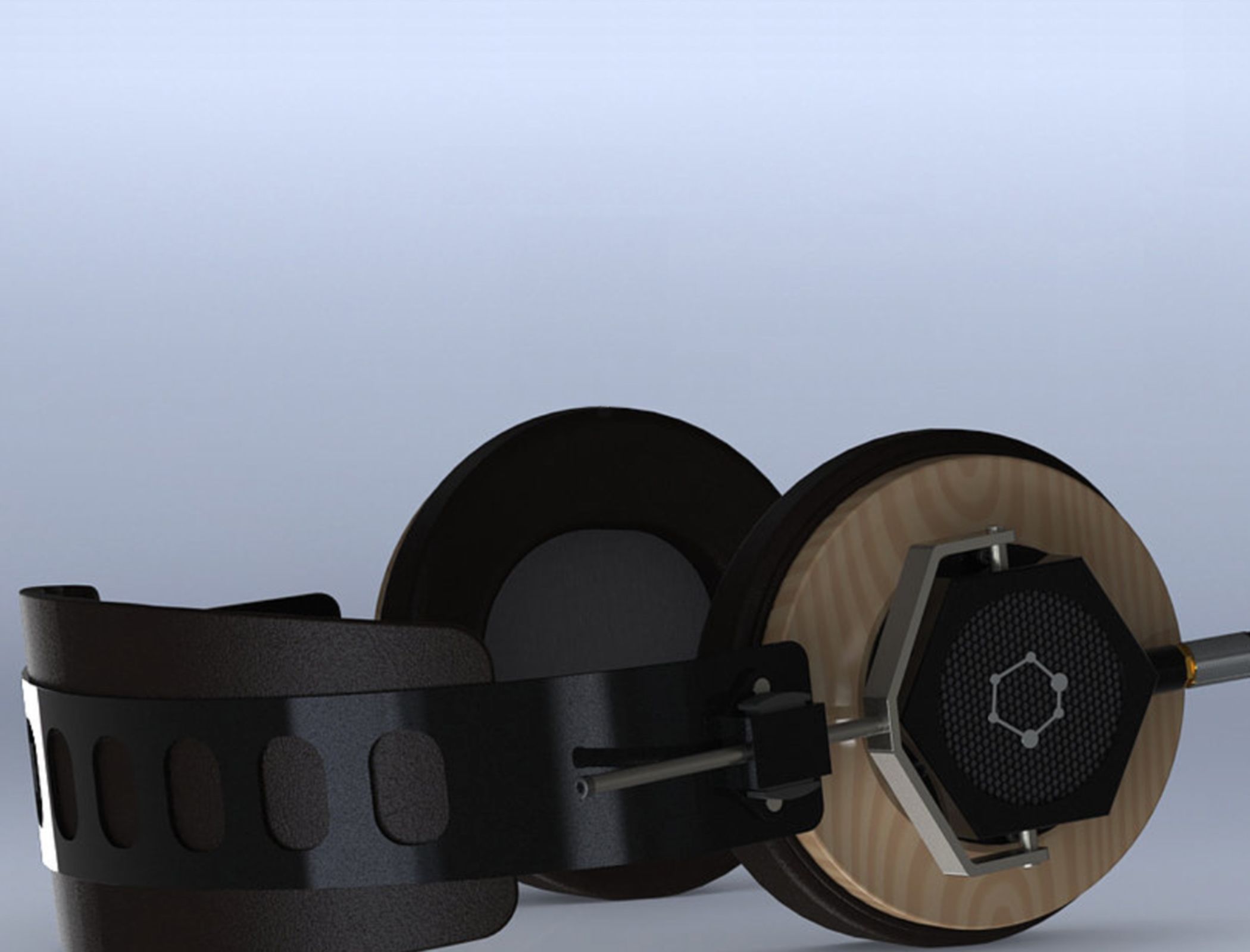Page 10638
Nov 30, 2016
Silicon Valley Startups Enter the Space Race
Posted by Klaus Baldauf in categories: Elon Musk, government, space travel
“The two options looked like going to work at NASA or going to work with a large corporation that was fulfilling space contracts with the government — a Boeing, a Lockheed or Northrup,” said the partner at San Francisco-based Founders Fund.
Then Elon Musk founded Space Exploration Technologies Corp. — SpaceX — and Nolan became its first intern in 2003. The internship turned into a full-time gig developing reusable Dragon capsules at SpaceX and working on rocket propulsion, giving Nolan — who now invests in space startups — a front-row seat for the “New Space” race.
Musk’s Southern California company, which raised $1 billion early this year from Google and others at a $10 billion valuation, dramatically cut the cost of launching a space mission from $1 billion down to tens of millions.
Continue reading “Silicon Valley Startups Enter the Space Race” »
Nov 30, 2016
Amazon launches new artificial intelligence services for developers: Image recognition, text-to-speech, Alexa NLP
Posted by Klaus Baldauf in category: robotics/AI
Amazon today announced three new artificial intelligence-related toolkits for developers building apps on Amazon Web Services.
At the company’s AWS re: invent conference in Las Vegas, Amazon showed how developers can use three new services — Amazon Lex, Amazon Polly, Amazon Rekognition — to build artificial intelligence features into apps for platforms like Slack, Facebook Messenger, ZenDesk, and others.
Nov 30, 2016
IEEE Brain-Computer Interface Hackathon Participant Builds Mobile App to Detect Distracted Driving
Posted by Karen Hurst in categories: computing, neuroscience
The organization’s largest event dedicated to building BCI prototypes was held in Budapest.
30 November 2016
Nov 30, 2016
Voice synthesiser produces speech from muscle movement
Posted by Karen Hurst in category: futurism
Nov 30, 2016
China’s Former Richest Man Turns His Mind to Neuroscience
Posted by Karen Hurst in category: neuroscience
Wonder if Gates or Musk will do this.
Strategic investment in brain research will help Chinese enterprises push back the frontiers of scientific progress.
Nov 30, 2016
Quantum particles seen aligning light from a neutron star
Posted by Karen Hurst in categories: particle physics, quantum physics, space
Astronomers have at last observed polarisation of light by virtual particles in a neutron star’s magnetic field, a long-expected quantum effect.
Nov 30, 2016
The World of Quantum Computing May Be Closer Than We Thought
Posted by Karen Hurst in categories: computing, quantum physics
Glad others have caught the QC Light. I told so many we’re not 10+ or even 10 years away.
Quantum computing got a big push forward this month as researchers managed to create quantum dot light-emitting diodes (LED’s) that have the ability to produce entangled photons that could be used to encode information. Previously, the highest number of photons known to be entangled at one time was 8, but as of June, that number has now risen to 10.
Nov 30, 2016
Quantum obstacle course changes material from superconductor to insulator
Posted by Karen Hurst in categories: materials, quantum physics
Researchers from Brown University have demonstrated an unusual method of putting the brakes on superconductivity, the ability of a material to conduct an electrical current with zero resistance.
The research shows that weak magnetic fields—far weaker than those that normally interrupt superconductivity—can interact with defects in a material to create a “random gauge field,” a kind of quantum obstacle course that generates resistance for superconducting electrons.
“We’re disrupting superconductivity in a way that people haven’t done before,” said Jim Valles, a professor of physics at Brown who directed the work. “This kind of phase transition involving a random gauge field had been predicted theoretically, but this is the first time it has been demonstrated in an experiment.”
Continue reading “Quantum obstacle course changes material from superconductor to insulator” »
Nov 30, 2016
Nano-materials start-up uses graphene to sweeten loudspeaker response
Posted by Karen Hurst in categories: nanotechnology, particle physics, quantum physics
Want a louder bass or speakers in general get Quantum.
Ora, a Montreal-based tech start-up, has announced that it has developed the first consumer-ready graphene loudspeaker.
The company believes that graphene holds the ideal properties sought after in loudspeaker diaphragms: stiffness (graphene is stronger than diamond) and lightness (graphene is the thinnest known material, one atom thick).
Continue reading “Nano-materials start-up uses graphene to sweeten loudspeaker response” »
